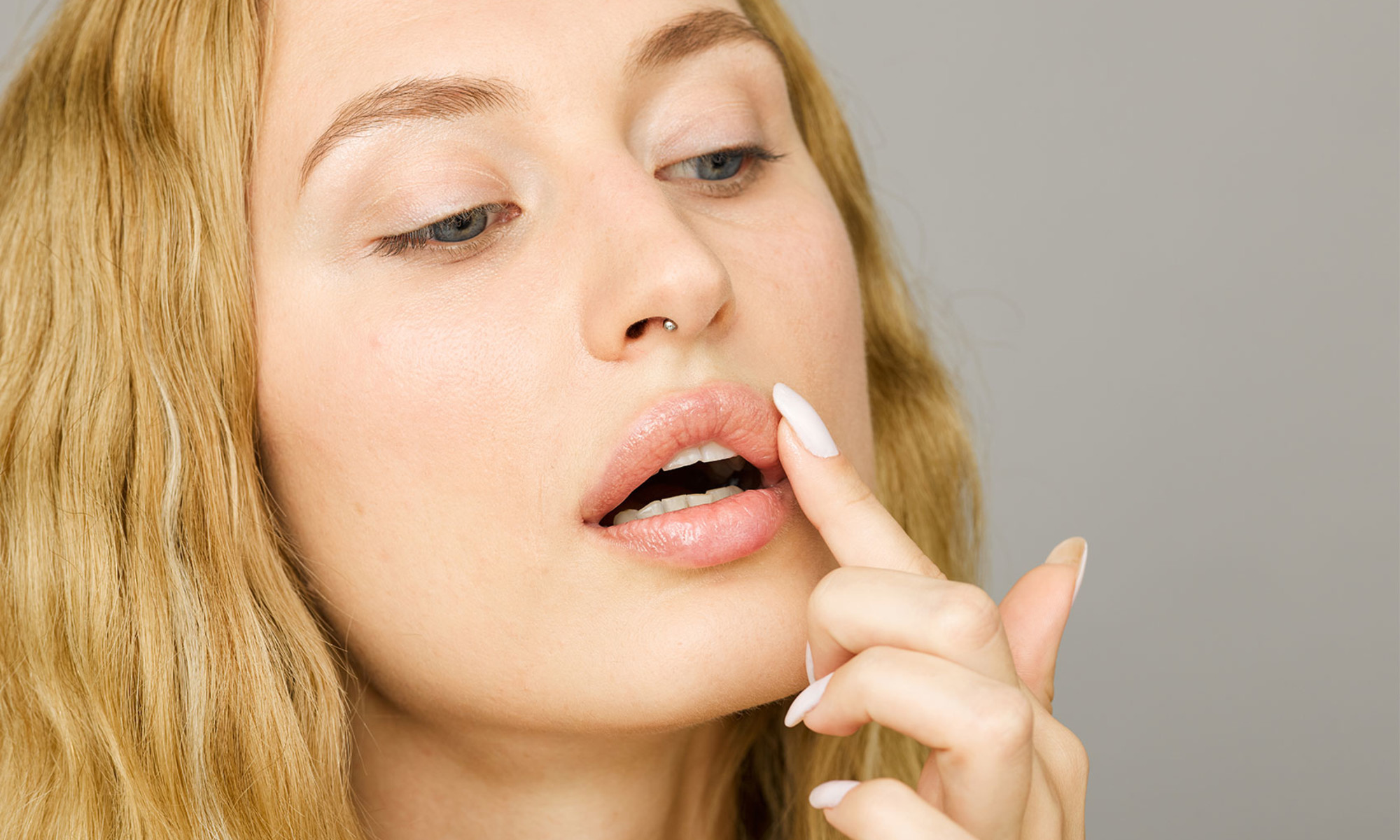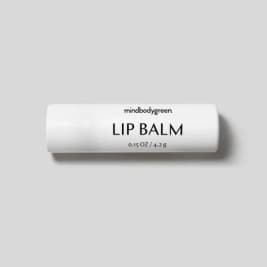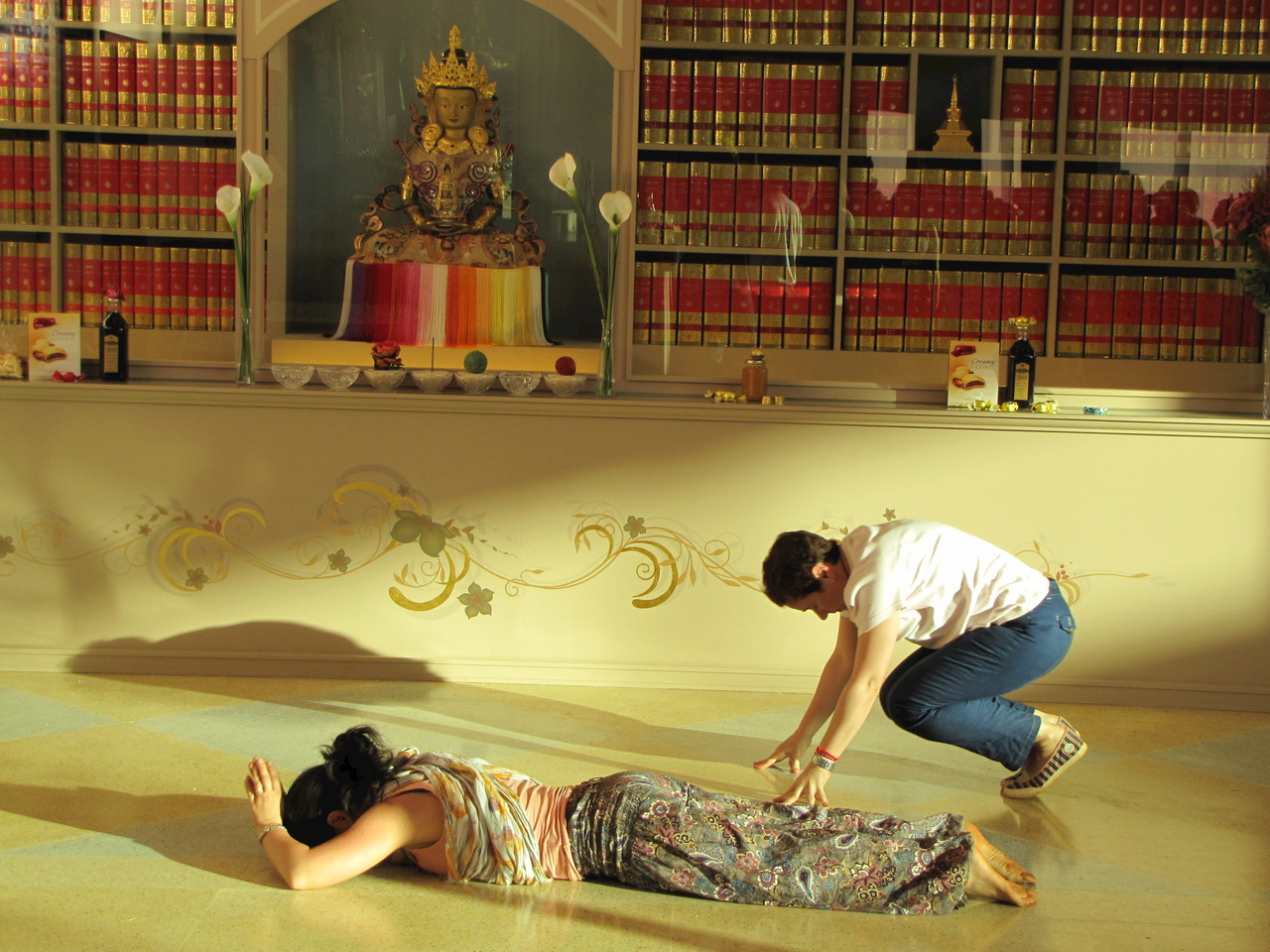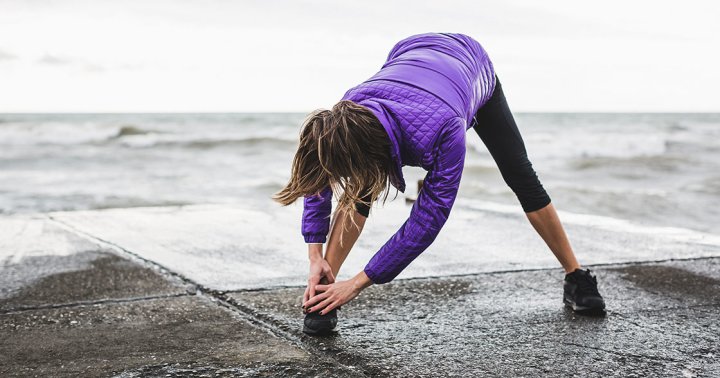Always Apply Lip Balm, But Your Lips Are Still Dry? A Derm Explains Why
For those with chronically dry lips, it may feel like a never-ending and very steep uphill battle to keep the skin hydrated. A derm explains why.


mbg Beauty Director
mbg Beauty Director
Alexandra Engler is the beauty director at mindbodygreen and host of the beauty podcast Clean Beauty School. Previously, she's held beauty roles at Harper's Bazaar, Marie Claire, SELF, and Cosmopolitan; her byline has appeared in Esquire, Sports Illustrated, and Allure.com.
Image by ohlamour studio / Stocksy August 25, 2023 Our editors have independently chosen the products listed on this page. If you purchase something mentioned in this article, we may For those with chronically dry lips, it may feel like a never-ending and very steep uphill battle to keep the skin hydrated. This little patch of delicate skin seems to always be in need of quenching, no? And if your lips are perennially parched, there’s a chance you’ve been curious about why it’s so hard to keep them moisturized. For example, ever wondered why so many lip balms feel like they dry the lips out in the long run, triggering a vicious cycle of reapplication after reapplication? Or why licking lips feels like a good idea in the moment, but then makes the skin feel more crinkly only a short while later? Or why some balms seem to soothe the skin instantly, only to then later cause irritation? 
Advertisement
This ad is displayed using third party content and we do not control its accessibility features.
Well recently board-certified dermatologist Joyce Park, M.D. posted a video explaining the three very common triggers of dry, chapped lips that you may be overlooking. “There are many things in lip balm that can be making your chapped lips much, much worse,” she explains in the top of the video. Here, what to keep in mind if you feel your lips are parched lately.Ingredients
Your go-to lip balm may be harboring some common irritants. “First of all, ingredients,” she says, noting that menthol, fragrance, and acids are the common culprits to keep a lookout for.
Menthol, for example, is often added to achieve that cooling, tingling sensation. Sure it may feel refreshing upon contact, but outside of senatorial appeal it’s not doing your skin many favorites.
Fragrance molecules are by nature highly volatile (no matter if it’s natural or synthetic). This makes them potentially irritating to the skin, and why many derms advise folks with sensitive skin to avoid them altogether. Well, even if you can tolerate fragrance elsewhere on the body, it’s probably best to skip it on the lip area as the skin is very thin and delicate.
Finally, acids are often added to offer exfoliation or even plumping effect. And while gentle exfoliation can be beneficial for the lips when done responsibly—acids are not something you should be applying to your skin every day, multiple times a day.
Advertisement
This ad is displayed using third party content and we do not control its accessibility features.
Saliva
Lots of folks know to avoid licking your lips as much as possible—but sometimes temptation is too strong, especially if you don’t have a moisturizer nearby.
“If it’s not in your ingredients, it might be your saliva! If you are constantly licking your lips, saliva will dry them out,” she says. Licking the lips can increase the chances of transepidermal water loss—plus the saliva itself isn’t ideal for hydration: “There’s also digestive enzymes in your saliva which can further worsen the problem.”
Overall lip balm formula
“Last but not least, your lip balm may not have the right combination of ingredients. You want both humectants and an occlusive in the formula,” she says, sharing a few of her favorite ingredients to look out for on the ingredient label.
Humectants are ingredients that attract and hold water, helping to keep skin hydrated. Your body actually makes some humectants naturally (such as hyaluronic acid, which about 50% of your body’s supply1 is found in the skin). In skin care formulas they can be both botanical or lab-derived. A few that Park mentioned she recommends: Hyaluronic acid, glycerin, urea, sorbitol.
Occlusive ingredients are simply those that help “trap” hydration. They create a seal over the epidermis, so water isn’t able to evaporate into the air around the skin. These tend to be thicker molecules that sit on top, such as beeswax, coconut oil, shea butter, and petrolatum. (If you avoid the petroleum-derived ingredients for environmental concerns, a good alternative is castorlatum or castor jelly, which is a castor-oil derived alternative that’s very similar.)
Advertisement
This ad is displayed using third party content and we do not control its accessibility features.
The takeaway
Unfortunately, your best-intentioned efforts to keep your lips hydrated may be doing more harm than good. Be sure to find options that are free of irritants and have the right balance of ingredients. Check out our favorite lip moisturizers here.

 Tekef
Tekef 

































